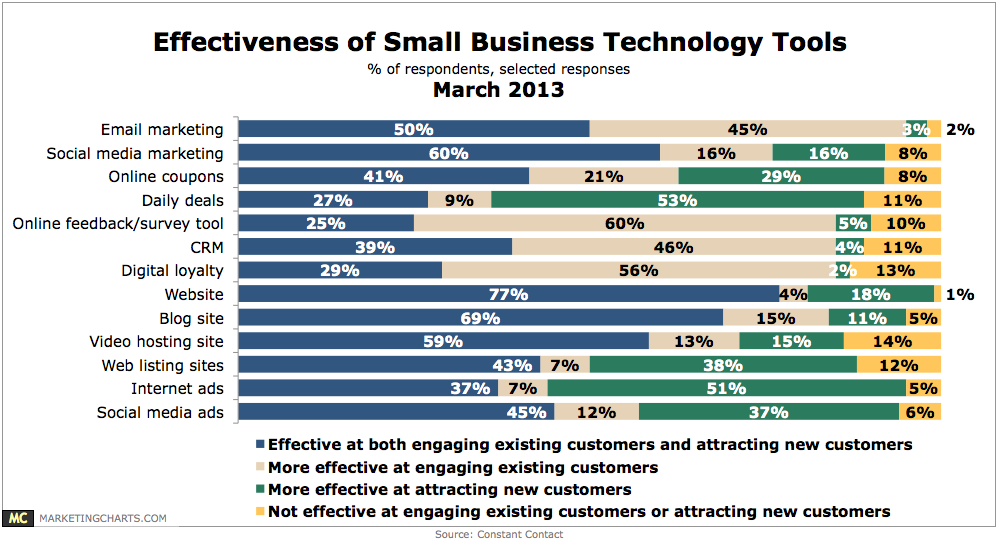Think & Lose Weight! Law #1 Of The #17 Laws Of Losing Weight!

[adrotate group="24"]
[adrotate group="29"]
A mystery that has pledged men for generations is the secret to wealth. This also pledged the mind of Andrew Carnegie, Andrew Carnegie understood poverty. So at a young age, Andrew Carnegie decided to find a solution to this problem.
Following the directions of his mentors, he wrote out his life plan to spend the first half of his life acquiring his wealth and the last half giving it all away. He also wanted to share this knowledge with the world.
Andrew Carnegie decided to do what he could to never let anyone experience the pain of ever again, despite the vast majority ignoring his advice In which he commissioned Napoleon Hill and introduced him to 500 of the most successful businessmen in the world to do a 25-year study of what these men have in common with each other which was released in 1925 as a correspondence course through the mail through a series of booklets and in 1928 released it as the “Laws of Success” which reveal there are 17 principles of success, 33 reasons why people, and 6 things that cause people to self sabotage themselves.
What normally happens is people focus on 1 or maybe 2 areas of their life and the rest of their lives end up in shambles. To live a truly happy and fulfilled life you must live a balanced lifestyle and what you will notice is once you get one area of your life handled it tends to balance out the other areas of your life.
[adrotate group="32"]









![Make money using mindfulness meditation [law of attraction]](https://alphalifestyleacademy.com/wp-content/uploads/2021/04/Screen-Shot-2021-04-01-at-5.05.14-PM.png)












